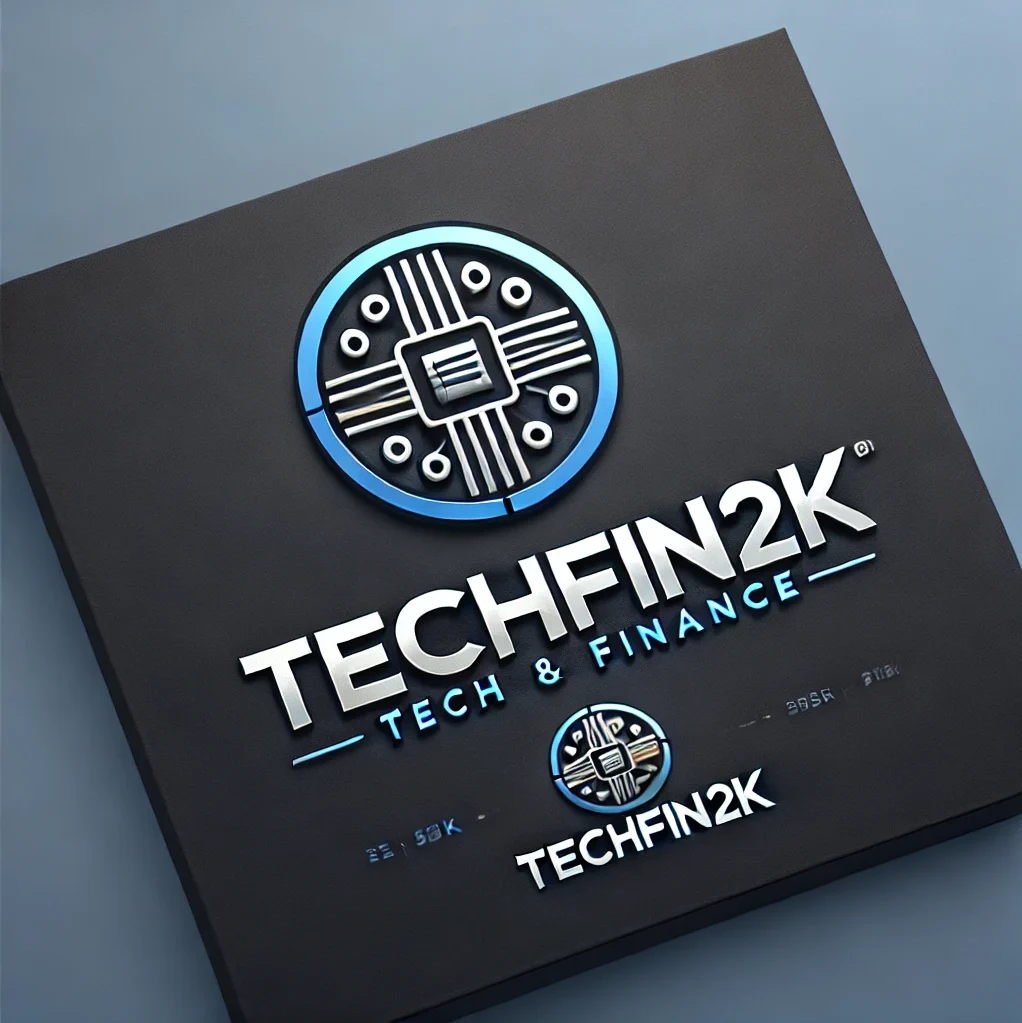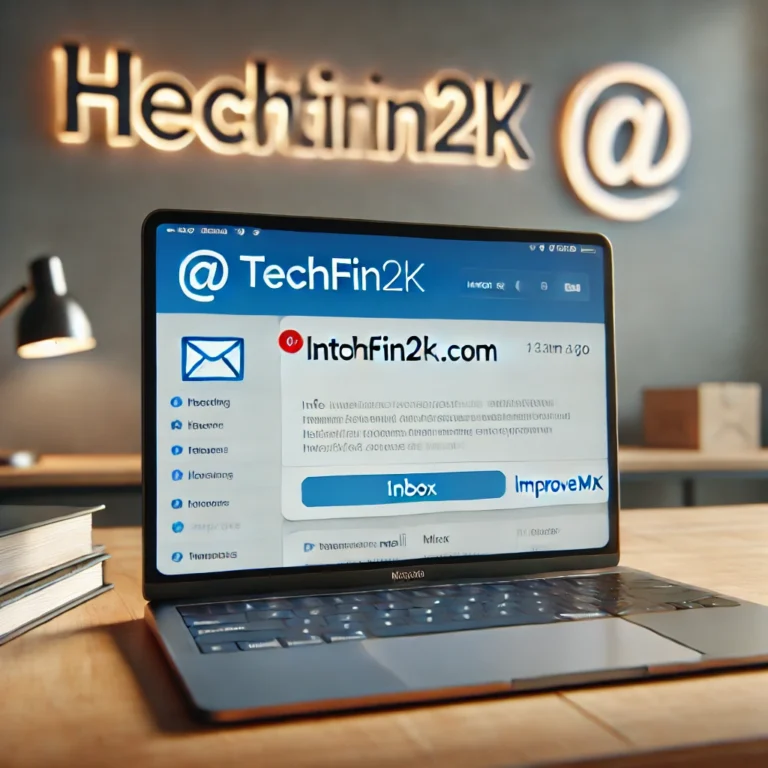Last Updated on August 11, 2024 by RADHIKA
1. What Is Artificial Intelligence (AI)?
Artificial Intelligence (AI) refers to computer systems capable of performing tasks that historically required human intelligence. These tasks include recognizing speech, making decisions, and identifying patterns. AI encompasses various technologies, such as machine learning, deep learning, and natural language processing (NLP). While debates continue about what constitutes “true” AI, today’s common usage often refers to machine learning-powered technologies that enable machines to perform tasks previously exclusive to humans1.
2. Types of AI Models
Let’s explore different personalities within the AI world:
- Supervised Learning Models (The Sherlock Holmes of AI):
- These models act like detectives, becoming experts in prediction.
- They learn from labeled data and excel at making predictions.
- Examples include recommendation systems and image classification2.
- Unsupervised Learning Models:
- These models explore data without labeled examples.
- They identify patterns and group similar data points.
- Clustering algorithms and anomaly detection fall into this category.
- Reinforcement Learning Models:
- Inspired by trial and error, these models learn through interaction.
- They optimize actions based on rewards or penalties.
- Applications include game playing and robotics.
- Natural Language Processing (NLP) Models:
- NLP models understand and generate human language.
- Chatbots, language translation, and sentiment analysis rely on NLP.
- Computer Vision Models:
- These models interpret visual data, such as images and videos.
- Object detection, facial recognition, and autonomous vehicles use computer vision.
3. Google Gemini: AI Redefined
Introduction to Google Gemini
- Formerly known as Bard, Google Gemini is a state-of-the-art large language model (LLM).
- It goes beyond traditional data analysis tools, offering nuanced ways to navigate complex datasets3.
Three Versions of Gemini
- Nano:
- Designed for on-device use (e.g., Android).
- Enables developers to create generative AI tools locally.
- Compact and nimble.
- Pro:
- Balances capability and resource requirements.
- Scales across a wide range of tasks.
- Ultra:
- The heavyweight champion.
- Tackles highly complex problems.
- Interprets natural language prompts with precision4.
Multimodal Capabilities
- Gemini inherently understands more than just text.
- Processes images, audio, code, and video seamlessly.
- No need for additional fine-tuning across modalities.
Outperforming the Competition
- Google claims Gemini outperforms other leading models.
- Rivals human performance in academic assessments.
- Rationalizes across diverse inputs.
Broader Implications
- As generative AI becomes central, Gemini’s capabilities will shape the future.
- Google’s 25 years of AI research culminate in this powerful model5.
In summary, Google Gemini isn’t just an AI model; it’s a game-changer. Its fusion of multimodal understanding, improved reasoning, and sheer performance opens up exciting possibilities across domains. Brace yourself for the Gemini revolution! 🚀🌟





